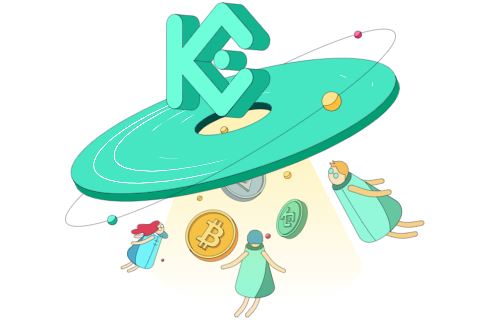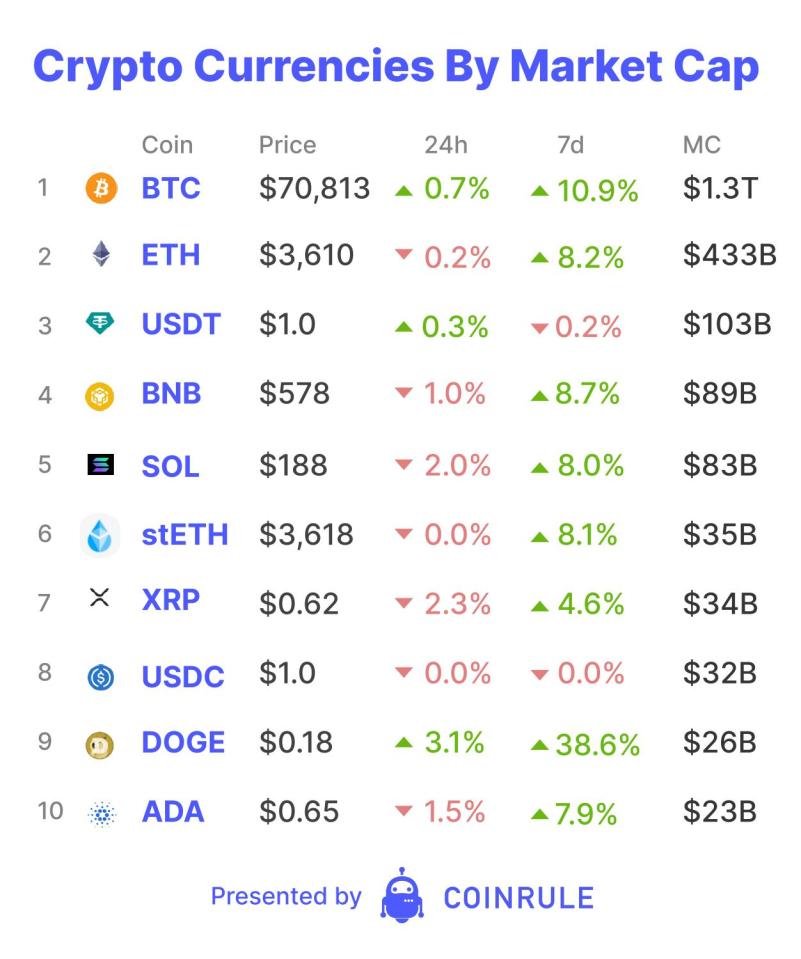DOJ and CFTC set their sights on KuCoin

Each day, Coinrule will run through the state of the digital assets market for Blockbeat, your home for news, analysis, opinion and commentary on blockchain and digital assets.
This week, the crypto market experienced some of the most severe fear, uncertainty and doubt (FUD) of the cycle so far. Not only did two US government agencies indict one of the largest centralised exchanges on criminal charges, but North Korean hackers also exploited a popular protocol on a new Ethereum Layer 2. So, just a normal day during a crypto bull market.
The exchange in question was KuCoin. Across Tuesday and yesterday, the exchange survived the withdrawal of over $1 billion worth of assets. The cause of the exodus of capital were accusations by the US Department of Justice (DOJ). The DOJ stated the exchange, and its two founders, did not adhere to anti-money laundering (AML) regulations. They claim KuCoin sent and received over $4 billion of suspicious or criminal funds. Therefore, authorities have charged the Seychelles-based exchange under the Bank Secrecy Act. This situation mirrors Binance’s experience in 2023, accused of failing to comply with AML regulations. Binance faced a $4.3 billion fine, and its CEO, Changpeng Zhao, resigned and paid a $50 million fine.

On Tuesday, the Commodities and Futures Trading Commision (CFTC) also alleged KuCoin never registered to operate as a futures exchange. It also charged them for having insufficient AML protections in place. However, the CFTC’s suit included comments that highlighted their strong stance that Bitcoin, Ethereum and Litecoin are commodities. Therefore, they should be regulated by them, not the SEC, which handles securities. This designation is important for Ethereum’s spot ETF, as one of the SEC’s attempts to roadblock it is to question its status as a commodity. It seems US regulators are dividing and trying to conquer each other. However, all the crypto market wants is clear and fair regulation with communicated guidance on how to abide by it.
Blast was the culprit of the alleged North Korean attack on Tuesday. The 28 day old Layer 2 has had an intense start to its life. It has become the 6th most valuable chain with over $1.2 billion total value locked. A developer of Munchables, a Blast-based NFT game, also managed to exploit $62 million. Blast faced a dilemma: either roll back the chain and destroy any notion of decentralisation, or allow the hackers to keep the funds, potentially funding North Korea’s military ambitions and risking US government involvement. But, there was a third option… The hacker gave the funds back with no conditions. Phew. Just another day in crypto.